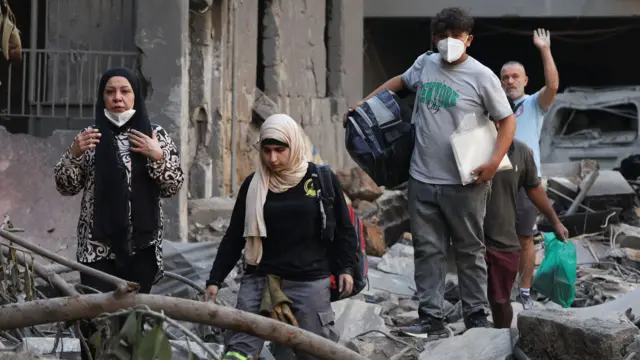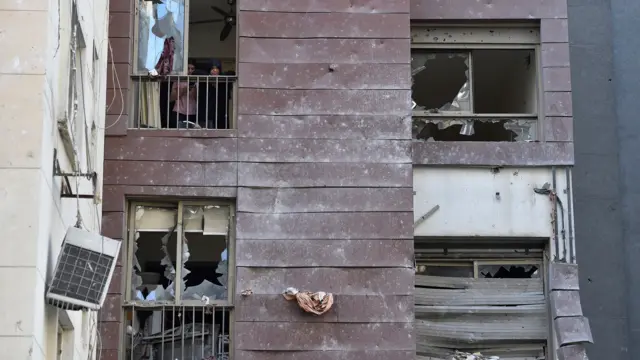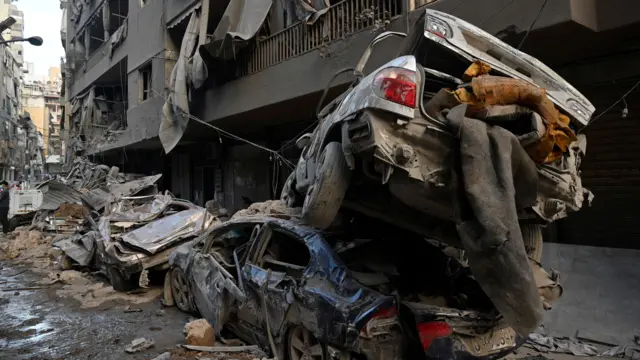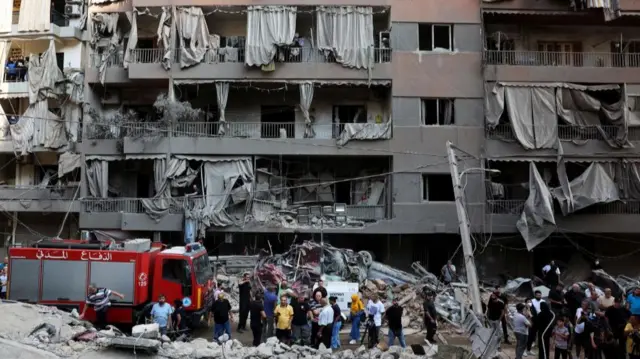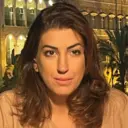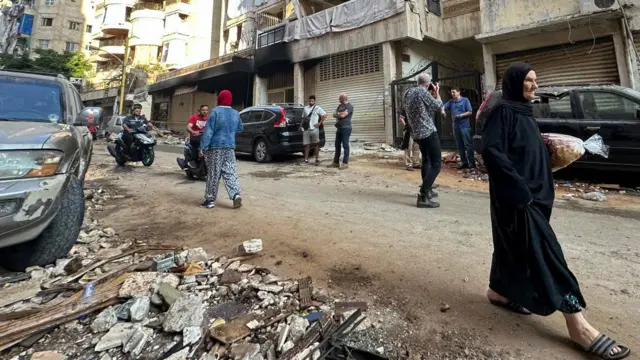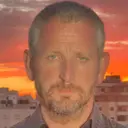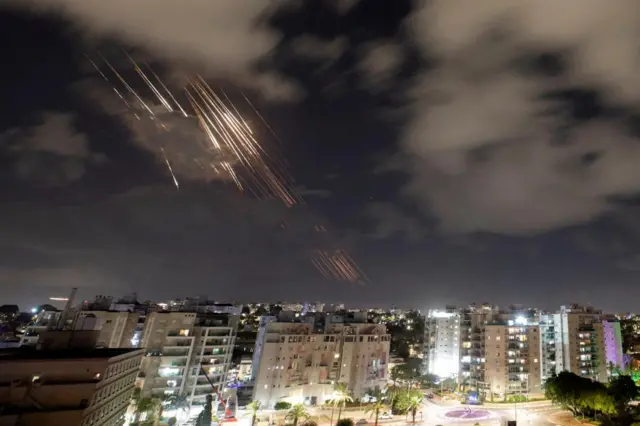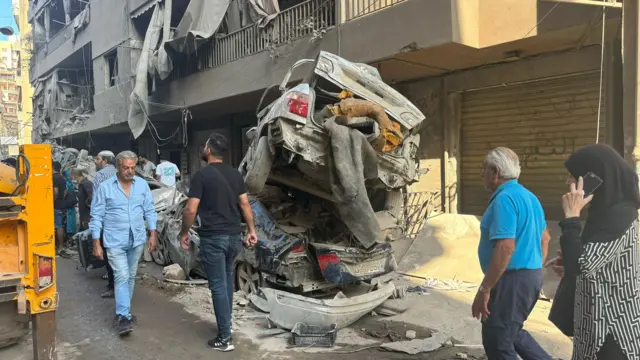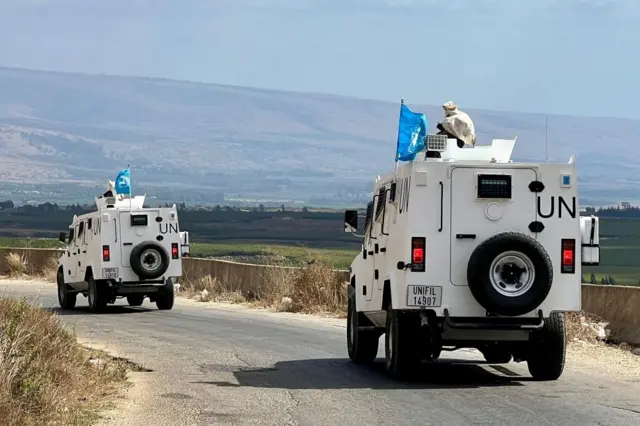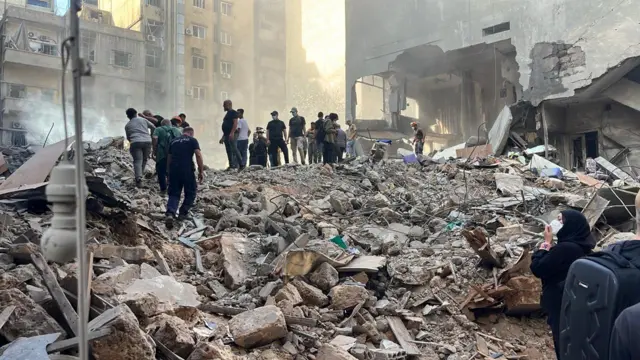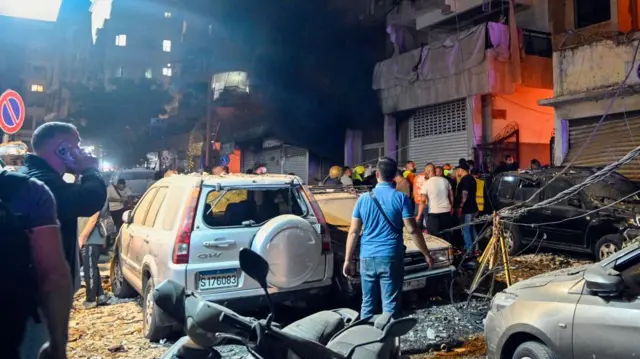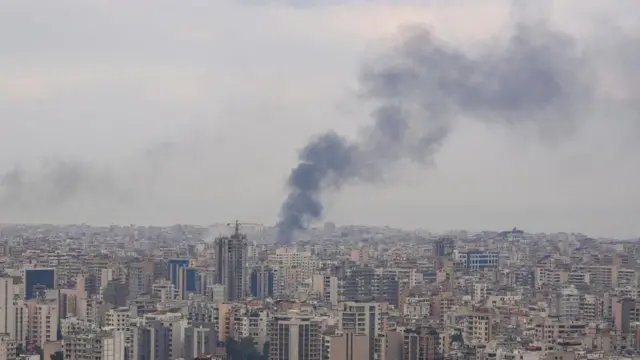UN agencies extremely concerned for Gaza polio vaccinespublished at 11:53 BST 11 October 2024
Imogen Foulkes
Reporting from Geneva
UN aid agencies say they are extremely concerned for the second round of polio vaccinations, planned to start in Gaza on Monday.
Although 400 World Health Organization (WHO), UN agency for Palestinian refugees (Unrwa), and Palestinian Red Crescent teams are ready to go, the increased fighting in northern Gaza poses huge challenges.
Parts of northern Gaza are currently subject to evacuation orders from the Israel Defense Forces (IDF), but Unicef said today it was "essential" that people were not forced to move during the vaccination campaign.
The WHO said humanitarian pauses must be agreed, and that everyone must adhere to them. But in the last week the WHO has tried three times to evacuate non-walking patients from hospitals in northern Gaza (which are running out of fuel and water), and has each time been unable to reach them.
The convoys of ambulances were repeatedly stopped at checkpoints for nine hours at a time, and finally had to turn back. UN aid agencies hope to give 591,000children in Gaza a second dose of the polio vaccine, after the virus was discovered there this year for the first time in 25 years.
The first vaccination round, in September, was a success, but aid workers fear this round will be much more difficult.
